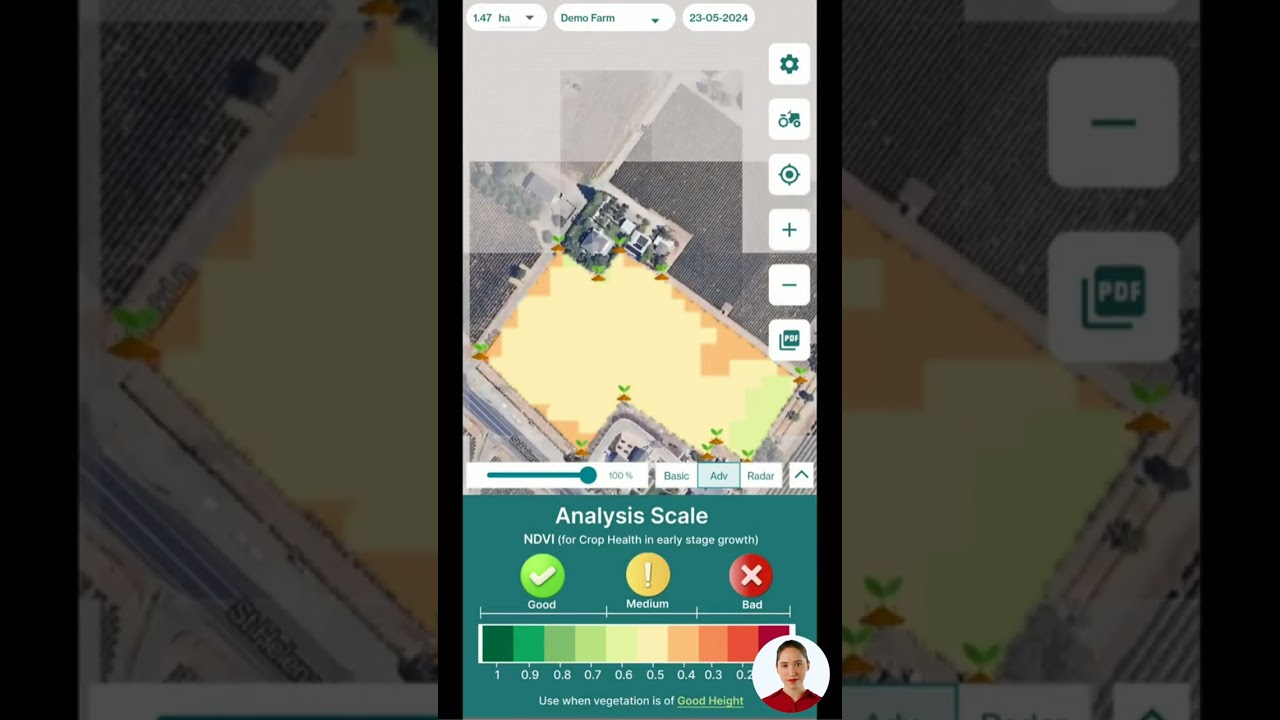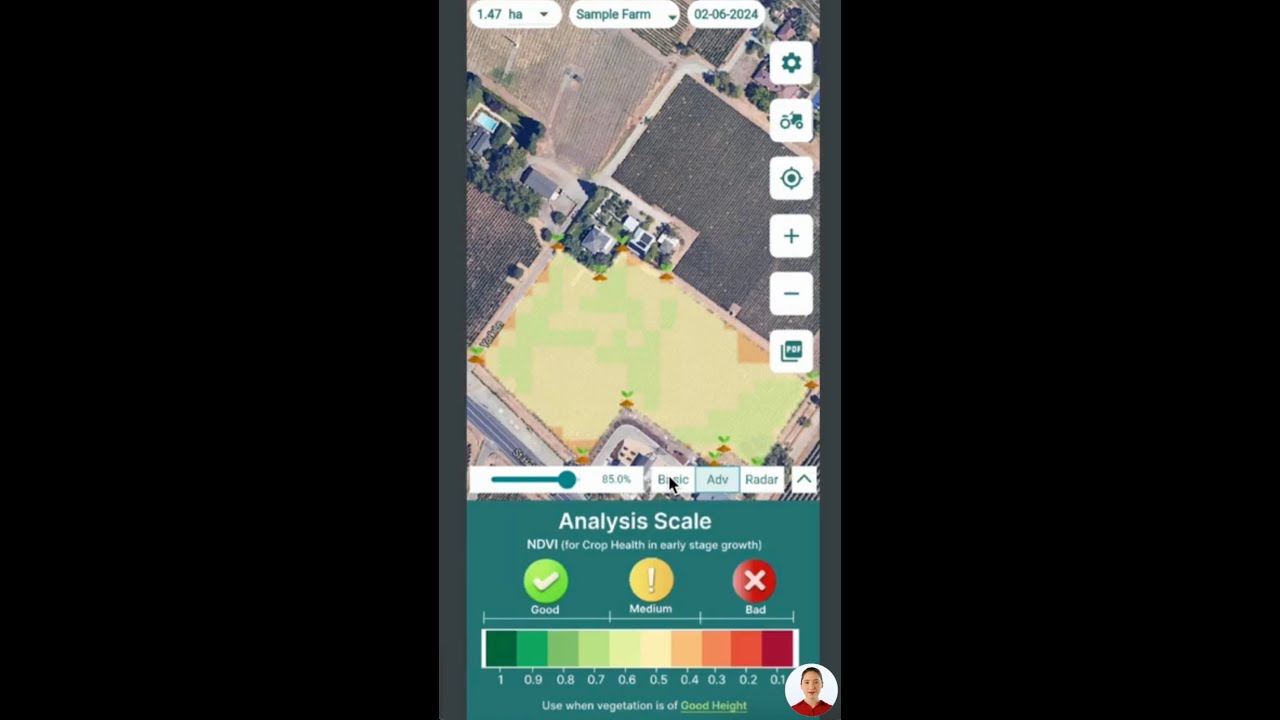Florida’s Agricultural Sector Faces Immigration Enforcement Shift: Impacts on Farming Communities
“Florida’s agricultural sector employs over 200,000 workers, with an estimated 40% being undocumented immigrants.”
As we delve into the complex landscape of Florida’s immigration policies and their impact on the agricultural sector, it’s crucial to understand the intricate web of political, economic, and social factors at play. The Sunshine State’s farming communities are at the epicenter of a heated debate that has far-reaching implications for the state’s economy, its relationship with the federal government, and the lives of countless individuals who call Florida home.
The Shifting Sands of Florida Immigration Enforcement
In recent months, we’ve witnessed a significant shift in the approach to Florida immigration enforcement. The Republican Party of Florida’s immigration policy has become a battleground for internal conflicts, highlighting the delicate balance between strict enforcement and economic practicality. At the heart of this debate lies a proposed change that would transfer oversight of immigration enforcement from Governor Ron DeSantis to the Republican Agricultural Commissioner—a move that has sent shockwaves through political circles and farming communities alike.

This potential shift in power dynamics has raised questions about the future of Florida agriculture immigration laws and their enforcement. The agricultural sector, which heavily relies on immigrant labor, finds itself at a crossroads. How will this change affect the day-to-day operations of farms across the state? What implications does it hold for the undocumented workforce that forms the backbone of Florida’s agricultural economy?
The Legislative Landscape: A Closer Look
The Florida legislative session on immigration has been marked by intense debates and political maneuvering. In Tallahassee, both the House and Senate are grappling with complex issues that extend beyond simple enforcement strategies. One of the most contentious points of discussion has been the question of in-state tuition for undocumented students—a topic that intersects education policy with immigration concerns.
As we analyze these developments, it’s important to consider the broader context of illegal immigration in Florida. The state has long been a destination for immigrants, both documented and undocumented, due to its thriving economy and agricultural opportunities. However, the current political climate has brought renewed focus on enforcement measures and their potential consequences.
The Agricultural Sector: Caught in the Crossfire
Florida’s farming communities are watching these developments with bated breath. The Florida agricultural sector’s reliance on immigrant labor is well-documented, and any significant changes to immigration policy could have profound effects on crop production, labor availability, and ultimately, the state’s economy.
In counties like Hillsborough and regions around Miami, where agriculture plays a significant role in the local economy, the impact of these policy shifts could be particularly acute. The immigration enforcement in Hillsborough County, for instance, may need to strike a delicate balance between adhering to state directives and maintaining the workforce necessary for agricultural production.
The Role of Technology in Modern Agriculture
As the political debate rages on, it’s worth noting that technology is playing an increasingly important role in agriculture, potentially mitigating some of the labor challenges faced by the industry. Companies like Farmonaut are at the forefront of this technological revolution, offering innovative solutions that can help farmers optimize their operations and reduce reliance on manual labor.
Farmonaut’s satellite-based farm management solutions provide real-time crop health monitoring, AI-based advisory systems, and resource management tools. These technologies can help farmers make more informed decisions about crop management, potentially increasing efficiency and reducing the need for extensive manual labor. While not a direct solution to the immigration debate, such technological advancements could play a role in shaping the future of Florida’s agricultural landscape.
For those interested in exploring these cutting-edge agricultural technologies, Farmonaut offers various platforms:
The Federal-State Dynamic: A Delicate Balance
One of the key aspects of the current debate is the relationship between state and federal authorities when it comes to immigration enforcement. The Florida Republican immigration strategy has often been at odds with federal policies, creating a complex web of jurisdictional issues and enforcement challenges.
The proposed shift in oversight to the Agricultural Commissioner adds another layer of complexity to this already intricate relationship. How will this change affect Florida’s ability to coordinate with federal agencies on immigration matters? Will it lead to a more nuanced approach that takes into account the specific needs of the agricultural sector, or will it result in conflicts between state and federal priorities?

“The Florida Senate passed a bill in 2023 affecting over 770,000 undocumented immigrants, impacting various industries including agriculture.”
The Economic Implications: Beyond the Fields
While the immediate focus of this debate is on agriculture and immigration enforcement, the economic implications extend far beyond the fields. Florida’s economy is intricately linked to its agricultural output, and any significant disruptions to this sector could have ripple effects throughout the state.
From the bustling ports of Miami to the tourism-dependent economies of central Florida, the impact of these policy changes could be felt across various industries. The question of funding for illegal immigrant students also ties into broader economic considerations, as education is often seen as a pathway to economic mobility and integration.
The Human Element: Communities in Flux
Amidst the political debates and economic analyses, it’s crucial not to lose sight of the human element in this story. Florida’s farming communities are not just economic units; they are vibrant, diverse populations with deep roots in the state’s history and culture.
The proposed changes in immigration enforcement could have profound effects on these communities. Families may face separation, long-standing social networks could be disrupted, and the cultural fabric of these regions may undergo significant changes. As we consider the various policy options, it’s essential to keep in mind the real-world impact on individuals and communities.
Looking to the Future: Potential Scenarios and Outcomes
As Florida navigates this complex issue, several potential scenarios emerge:
- A compromise solution that balances strict enforcement with economic pragmatism
- A shift towards more technology-driven agriculture, reducing reliance on manual labor
- Increased federal-state tensions over immigration policy
- Potential labor shortages in the agricultural sector leading to economic challenges
- A reevaluation of education policies for undocumented students
Each of these scenarios carries its own set of challenges and opportunities, and the ultimate outcome will likely be shaped by a combination of political will, economic realities, and public opinion.
The Role of Data and Technology in Policy-Making
As we grapple with these complex issues, the importance of data-driven decision-making cannot be overstated. Technologies like those offered by Farmonaut can provide valuable insights into agricultural productivity, resource management, and sustainability. While not directly related to immigration policy, such data can inform discussions about labor needs, economic impact, and the future of farming in Florida.
For those interested in exploring how technology can contribute to agricultural efficiency and sustainability, Farmonaut offers several resources:
Comparative Analysis of Florida’s Immigration Enforcement Policies
| Policy Aspect | Current Policy | Proposed Changes | Potential Impact on Agricultural Sector |
|---|---|---|---|
| Enforcement Oversight | Governor’s Office | Agricultural Commissioner | Potential for more nuanced enforcement considering agricultural needs |
| In-State Tuition for Undocumented Students | Limited availability | Possible elimination | Reduced educational opportunities for farmworkers’ children |
| Federal-State Coordination | Often conflictual | Potential for increased tension | Uncertainty in enforcement practices affecting farm labor |
| Estimated Undocumented Workers in Agriculture | Approx. 80,000 | Potential decrease | Labor shortages, increased production costs |
| Economic Impact on Farming Communities | $8 billion annually | Projected 15-20% decrease | Reduced crop yields, financial strain on farms |
The Path Forward: Balancing Interests and Values
As Florida continues to grapple with these complex issues, it’s clear that there are no easy solutions. The path forward will require careful consideration of various interests, including:
- Economic stability and growth
- National security and border control
- Human rights and community stability
- Agricultural productivity and food security
- Education and social integration
Balancing these sometimes competing interests will require thoughtful dialogue, data-driven analysis, and a willingness to consider innovative solutions. As we’ve seen, technology can play a role in addressing some of these challenges, but ultimately, the decisions made will reflect the values and priorities of Florida’s citizens and leaders.
Conclusion: A Pivotal Moment for Florida
The current debate over immigration enforcement and its impact on Florida’s agricultural sector represents a pivotal moment for the state. The decisions made in the coming months and years will have far-reaching consequences, shaping not only the economic landscape but also the social and cultural fabric of Florida’s communities.
As we continue to monitor these developments, it’s crucial to remain engaged, informed, and open to dialogue. The challenges are complex, but with thoughtful consideration and innovative approaches, Florida has the opportunity to forge a path that balances enforcement with economic realities, human rights with security concerns, and tradition with progress.
The future of Florida’s agricultural sector—and indeed, the state as a whole—hangs in the balance. How we navigate these turbulent waters will define the Sunshine State for generations to come.
FAQ Section
- Q: How might the shift in immigration enforcement oversight affect Florida’s agricultural sector?
A: The transfer of oversight to the Agricultural Commissioner could potentially lead to more nuanced enforcement practices that consider the specific needs of the agricultural sector. However, it may also create conflicts with federal immigration policies and potentially disrupt existing labor patterns. - Q: What are the potential economic impacts of stricter immigration enforcement on Florida’s farming communities?
A: Stricter enforcement could lead to labor shortages, increased production costs, and potentially reduced crop yields. This could have a ripple effect on the state’s economy, affecting not only farmers but also related industries and local communities. - Q: How does the debate over in-state tuition for undocumented students relate to the agricultural sector?
A: Many undocumented workers in the agricultural sector have children who aspire to higher education. Changes to in-state tuition policies could affect these families’ ability to access education, potentially impacting the long-term stability and skill level of the agricultural workforce. - Q: What role can technology play in addressing labor challenges in agriculture?
A: Advanced technologies, such as those offered by Farmonaut, can help optimize farm operations, potentially reducing reliance on manual labor. These technologies include satellite-based crop monitoring, AI-driven advisory systems, and resource management tools. - Q: How might changes in Florida’s immigration policies affect its relationship with the federal government?
A: Changes in state-level immigration enforcement could lead to increased tension with federal authorities, potentially complicating coordination efforts and creating legal challenges. This could create uncertainty for both employers and workers in the agricultural sector.

















